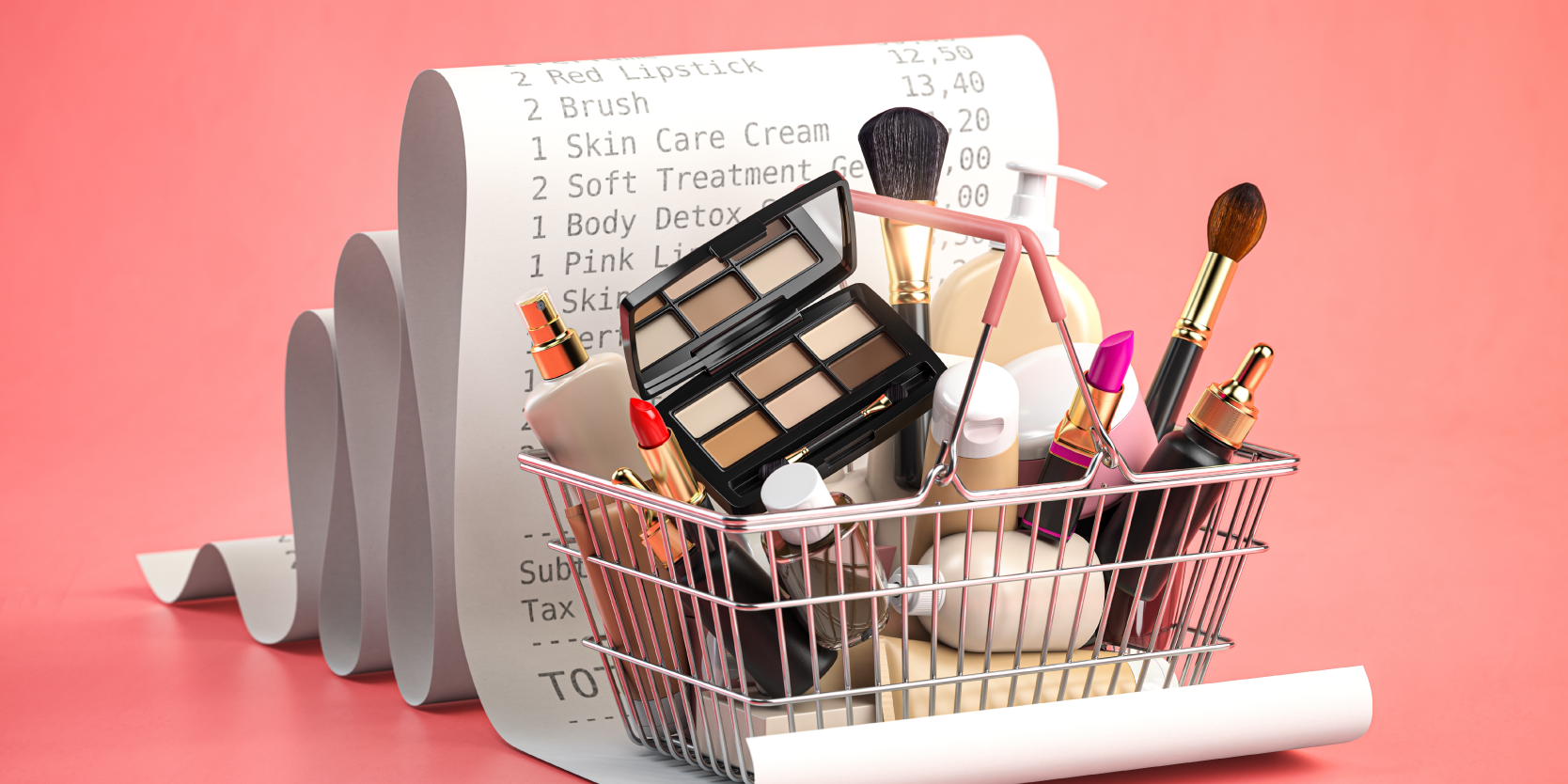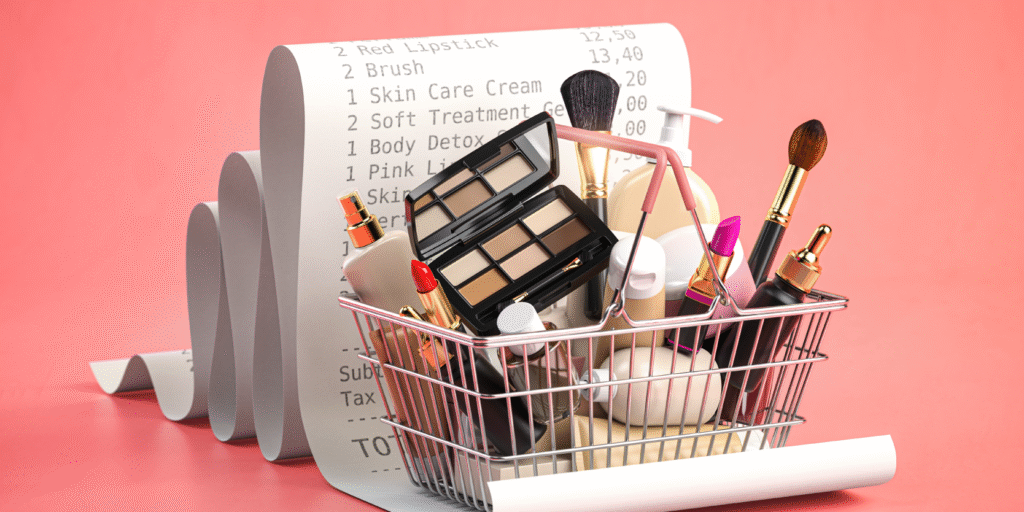
India’s beauty market is booming. Projected to grow 10-11% annually to hit $34 billion by 2028, this fast-growing sector is driven by rising disposable incomes, growing urbanisation, premiumisation, and crucially, digitalisation.
Technology has disrupted every aspect of life—from how we travel and eat, to the way we communicate, read the news and shop.
Similarly, it has upended our relationship with beauty.
Young, affluent and digitally-savvy consumers are prioritising beauty in their daily lives and embracing technology, creating opportunities for brands to engage with them.
Personalisation has emerged as a competitive differentiator like never before, with consumers seeking products that are not just personalised to their needs but also aligned with their values.
Many Indian beauty consumers are willing to pay a premium for products that address their individual concerns, pushing brands to innovate and turn to technology to meet their customers’ evolving needs.
In India, beauty brands are harnessing AI as personal beauty advisors, analysing a consumer’s skin type and preferences to recommend products tailored to each individual. AR-powered Virtual Try-ons are bringing the trial room to everyone’s smartphones, letting shoppers see instantly how a particular lipstick shade or hair colour looks on them before they buy a product.
.thumbnailWrapper{
width:6.62rem !important;
}
.alsoReadTitleImage{
min-width: 81px !important;
min-height: 81px !important;
}
.alsoReadMainTitleText{
font-size: 14px !important;
line-height: 20px !important;
}
.alsoReadHeadText{
font-size: 24px !important;
line-height: 20px !important;
}
}

Seamless digital experiences are now the expectation, not the exception. Today’s consumers have little patience for a cumbersome app or an inaccurate recommendation—which can swiftly drive shoppers to competitors. In fact, 74% of consumers would abandon a beauty purchase due to a subpar shopping experience.
To put it simply, beauty and technology are now inextricably linked, and beauty brands are turning to India’s innovative startups to give them a digital edge.
India’s startup ecosystem is one of the largest in the world, and dozens of beauty-tech-focused ventures are accelerating the digitalisation of the country’s beauty industry.
From AI-powered skincare apps to direct-to-consumer cosmetic brands that sell exclusively online, these young companies are revolutionising the industry. Beauty-tech startups are also attracting serious capital, raising $215 million in 2024 alone, a 35% jump over the previous year.
Yet, their global impact remains limited.
That’s because many startups lack the scale to go truly global. The path from a great idea to mass-market success is not without hurdles and these enterprises often face challenges scaling up, navigating complex regulations and earning consumer trust.
Government initiatives such as the Startup India Seed Fund Scheme (SISFS) are providing crucial support, offering grants of up to Rs 50 lakh for early-stage businesses.
Such funding can enable beauty-tech startups to develop prototypes and scale faster without diluting ownership.
In addition, credit guarantee programmes and tax exemptions for startups registered with the Department for Promotion of Industry and Internal Trade (DPIIT) have lowered financial barriers, allowing more entrepreneurs to focus on innovation rather than survival.

But, the private sector also has a vital role to play.
India’s booming beauty market presents a unique opportunity for global brands, not just as a consumer base, but as a hub for innovation through partnerships with Indian startups. These collaborations offer mutual benefits: brands gain a crucial digital edge and insights into local trends, while startups receive global exposure, market access, and resources to scale.
By leveraging incubators, accelerators, and corporate venture investments, startups can tap into beauty tech innovation partnerships focusing on key areas like enhancing consumer experiences through personalised online and offline engagement, leveraging data and analytics to scale and optimise media, reinventing ecommerce models, promoting social and environmental impact through “Tech for Good” initiatives, and revolutionising beauty through green science and technology. This synergistic approach promises to reshape the future of the beauty industry.
The beauty industry is evolving rapidly, shaped by shifting consumer preferences and technological advances. Startups, with their agility, innovative spirit, and eye for emerging trends, are uniquely positioned to navigate this dynamic landscape and shape the future of beauty. It’s a win-win for beauty brands and innovative startups. But, most crucially, this convergence of beauty and technology is a win-win for India’s ambition to become a global beauty tech hub.
(Saloni Shah Javeri is the Chief Digital and Marketing Officer of L’Oréal India.)
Edited by Jyoti Narayan
(Disclaimer: The views and opinions expressed in this article are those of the author and do not necessarily reflect the views of YourStory.)

